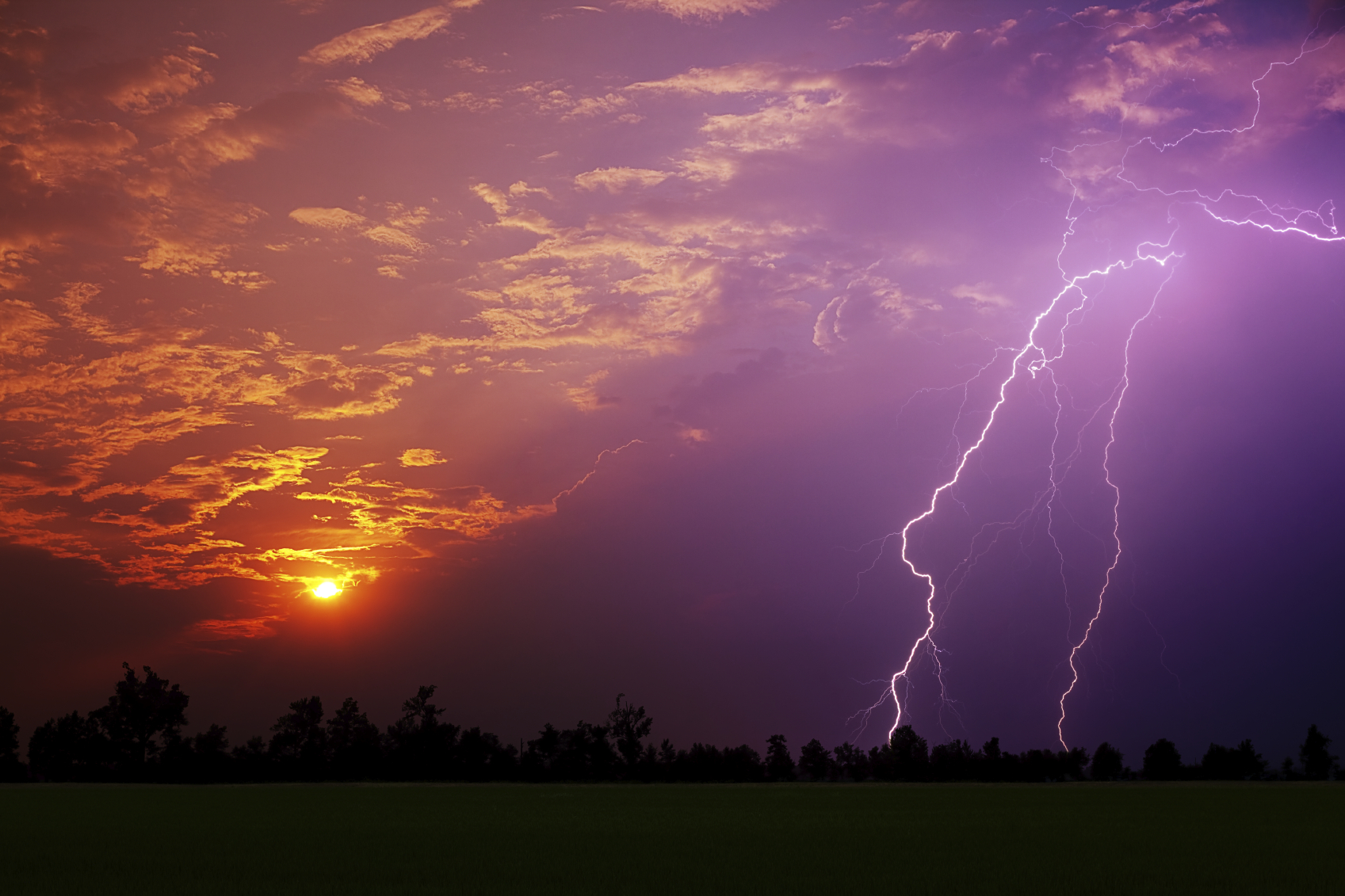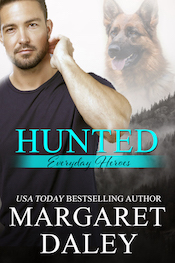The past two weeks’ winners are: Beth for winning Stephanie Grace Whitson’s A Most Unsuitable Match, Cindy for winning Lisa Harris’s An Ocean Away, Angela for winning Leslie Gould and Mindy Starns Clark’s The Amish Nanny, Cynde for winning Kit Wilkinson’s Mom in the Making, and Ellie for winning Melody Carson’s River’s Song.
Patty Smith Hall’s interview:
What made you start writing? I’ve always been one of those people who’ve kept a journal—I’ve got boxes of notebooks dating back to my sophomore year in high school so I’m talking a lot of years here. But the dream of writing began one summer before I went into eighth grade. Every Friday, my mom would take me and my younger siblings to lunch and the grocery store with my grandmother. Lunch was always at the Woolworth diner which also boosted the best book selection in town. One day, there was a new genre of books on the shelves, sweet romance novels from a new company called Harlequin. I devoured them and the hope of writing a romance novel was planted. It took almost thirty years for that dream to come true.
How long have you been writing? When did you sell your first book? After graduating from college, I put any plans to write on the backburner, and for the next fifteen years, I was a wife, mother, deacon’s wife, nurse, volunteer and Jackie of all trades. I still harbored dreams of writing and even took writing classes. Then one night about ten years ago, God woke me up and I heard His quiet voice telling me to be still. Now, I’ve never sat still in my life but after talking to my husband, we both agreed that I should everything I could and waited to see what God had in store. The next thing I knew, dozens of scenes popped into my head and I couldn’t write them down fast enough. Within a few weeks, I had almost a complete novel. I’ve been writing off and on ever since. I sold my first book, Hearts in Flight, last August to Love Inspired Historical—a dream come true!
How do you handle rejections? At first, not too great! In the early days, I’d sulk for a few days then try to figure out what I needed to work on to be a better writer. Now, I’ve grown a tough skin—a necessity in this business. But Reese’s Peanut Butter cups still help dull the pain! ~grin~
Why do you write? Because I can’t not write. Because when I write, I feel as though I’m in my own private worship service with the Lord. Because when I write, God teaches me things I need to improve on in my own life.
What would you be doing with your free time if you weren’t writing? Probably volunteer work—I’ve always had a heart for kids and started several projects in our community such as Coats for Kids and Deck the Halls that have grown over the years. I would also train to teach Precept classes. And there’s always a great book to be read!
What are you working on right now? I’m finishing up the sequel to Hearts in Flight, a novel called Capturing the Enemy’s Heart. It’s a WWII novel revolving around a reformed bad boy who finds himself attracted to a young woman of faith running from a dangerous secret. The young woman is in the first book as one of the heroine’s close friends. And the hero is the most favorite character I’ve ever created—so far!
Do you put yourself into your books/characters? I think every writer puts a bit of themselves in every book. It just seeps in. I’m also a great fan of observing the human condition. Waiting at the airport for my husband to come home from business trips has given me many ideas for an entire community of characters over the years.
Tell us about the book you have out right now. Here’s the back cover blurb for Hearts in Flight, my July release from Love Inspired Historical: Serving her country as one of the Women’s Army Special Pilots is Maggie Daniels’s dearest wish. But there are obstacles to overcome above and beyond the enemies in the Pacific, including her overprotective family, skeptical fellow pilots—and handsome, distant squadron leader Wesley Hicks. Whatever it takes, Maggie will prove herself to Wesley, until she succeeds in winning his admiration…and love. Wesley can see that Maggie’s a first-class pilot. She’s also too fearless by half. The war has cost Wesley so much already. Can he let go of his guilt for a chance at happiness—and can he learn to trust in God…and Maggie…enough to believe in love for a lifetime?
Do you have any advice for other writers? Set a word count for each day, put your backside in a chair and write! Yes, learn the craft and certainly, keep abreast of the market by reading but you’ll never get the opportunity to see your name on the front cover of a book if you never sit down and just write. And to paraphrase Winston Churchill, NEVER, NEVER, NEVER give up!
How important is faith in your books? Because my faith is part of everything I am, it is automatically a part of my voice, the essence of my writing. I do not write Christian historical fiction, but historical fiction from a Christian worldview because that is my viewpoint of the world.
What themes do you like to write about? Situations that have touched me personally and made me grow in my faith. For example, when our daughters graduated a couple of years ago, my husband and I were telling them some of our hopes and dreams for them as they went out in the world when a thought struck me. If I as a parent have such dreams for my child, how much bigger are God’s dreams for us, His children? And what might we miss in focusing on one dream in the bigger picture of God’s hopes for us? Not surprising, this theme found its way into Hearts in Flight.
What is your favorite book you’ve written and why? I wrote a contemporary a few years back that has a little piece of my heart. I finished it during a particularly rough time—I had just lost my grandfather, a dear, humble man who had a heart for God and his family. While I rejoiced for him, his loss hurt me terribly and I poured those feelings into that story. Now, when I read back over that manuscript, I can still feel God wrap His arms around me to comfort me.
What is your writing schedule like? Generally, I work on the first draft for a couple of hours in the morning—at this phase, I write everything longhand. Then I take a short break to straighten the house, do laundry, return phone calls before heading to my office to flesh out scene on my computer for a few more hours in the afternoon. I don’t write after seven at night or on Sundays.




